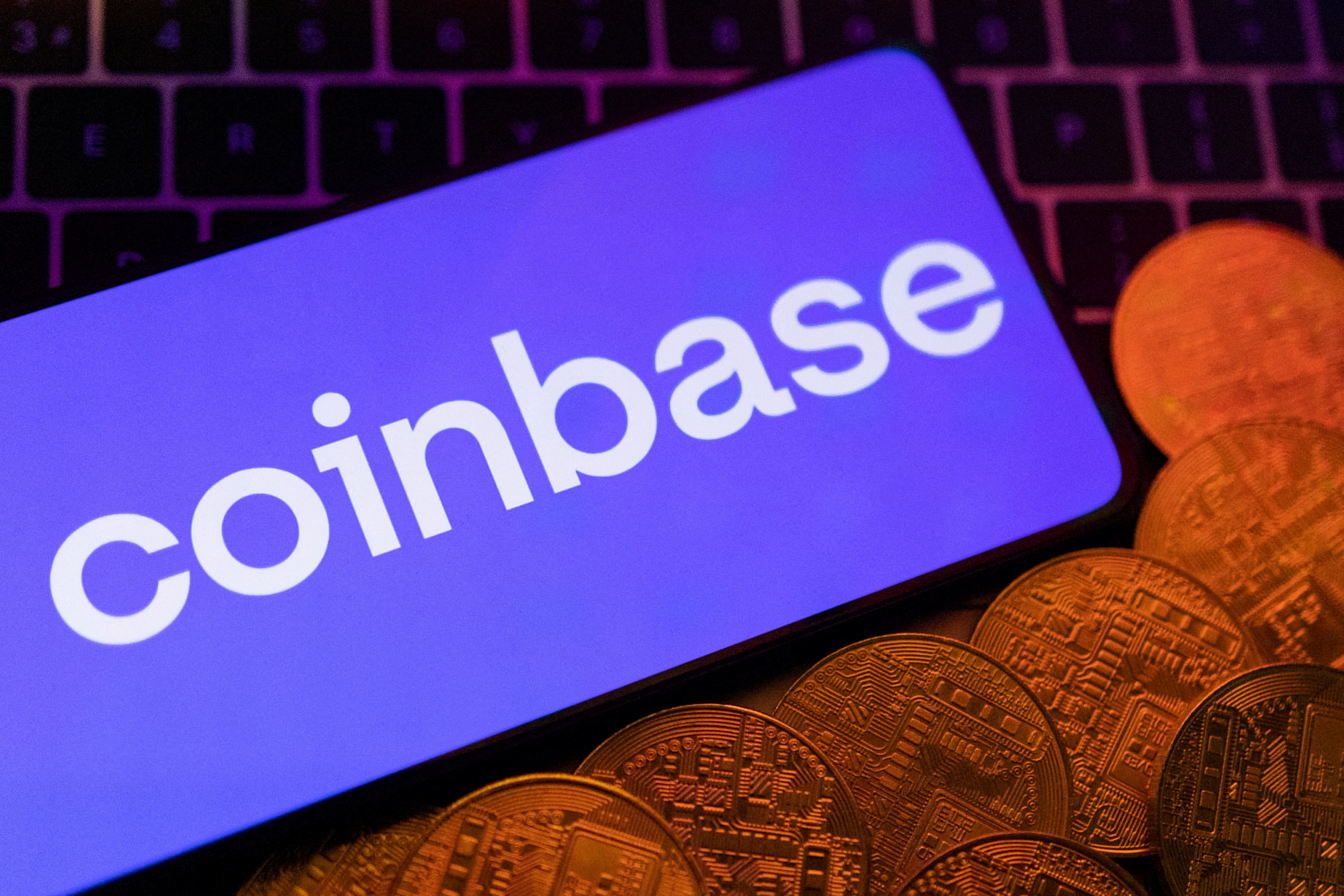By Hannah Lang, Jody Godoy and Chris Prentice
(Reuters) -A federal judge in Manhattan on Wednesday grilled Coinbase (NASDAQ:COIN) and the U.S. securities regulator about their divergent views on whether and when digital assets are securities, in a case closely watched by the cryptocurrency industry.
Coinbase has asked the court to dismiss the Securities and Exchange Commission's lawsuit alleging the largest U.S. crypto exchange is flouting its rules.
Judge Katherine Polk Failla on Wednesday heard arguments from both sides, focusing her questions on the legal precedent defining securities, and the attributes of several crypto tokens traded on Coinbase and elsewhere that the regulator has deemed investment contracts.
Failla did not decide the matter from the bench, noting she was still weighing some questions after the more than four-hour hearing.
The judge's ruling is likely to have implications for digital assets by helping to clarify the SEC's jurisdiction over the sector.
The case is one of a slew the SEC has brought against the crypto sector. The agency focused initially on companies selling digital tokens, but under the leadership of chair Gary Gensler has targeted firms offering trading platforms and clearing activity, and acting as broker-dealers.
The SEC sued Coinbase in June, saying the firm facilitated trading of at least 13 crypto tokens, including Solana, Cardano and Polygon, which it said should have been registered as securities.
The Securities Act of 1933 outlined a definition of the term "security," yet many experts rely on a U.S. Supreme Court case to determine if an investment product constitutes a security. A key test is whether people are contracting to invest in a common enterprise with the expectation of profit.
Coinbase, the world's largest publicly traded cryptocurrency exchange, has argued that crypto assets, unlike stocks and bonds, do not meet that definition of an investment contract, a position held by the vast majority of the crypto industry.
Lawyers for the SEC argued that securities differ from purchases of collectibles like baseball cards or even Beanie Babies, referencing a 1990s trend in which Americans bought the dolls with the expectations they would rise in value.
Patrick Costello, SEC assistant chief litigation counsel, argued that the crypto tokens at the heart of the case support a larger "enterprise," making them akin to an investment contract.
"When the value of the network or the ecosystem increases, so does the value of the (associated) token," he said.
Still, Failla told SEC attorneys she was "concerned" that the agency was asking her to "broaden the definition of what constitutes a security."
The SEC said buyers of digital assets, even on secondary markets such as Coinbase's platform, were purchasing the tokens as investments akin to stock shares or bonds.
But Coinbase's lawyers disagreed, noting that buyers of such tokens were not signing contracts entitling them to proceeds of a common enterprise.
“I’ll tell you this: I think there would have been a lot of surprise to find that an investment contract didn’t have anything to do with a contract,” said William Savitt, a lawyer for Coinbase.

The judge appeared dismissive of Coinbase's argument that the lawsuit implicates the so-called major questions doctrine. That legal principle is based on a Supreme Court ruling that says federal agencies cannot regulate without specific congressional authorization.
The SEC in its lawsuit also targeted Coinbase's "staking" program, in which it pools assets to verify activity on blockchain networks and takes commissions, in exchange for "rewards" to customers. The SEC said that program should have been registered with the agency.